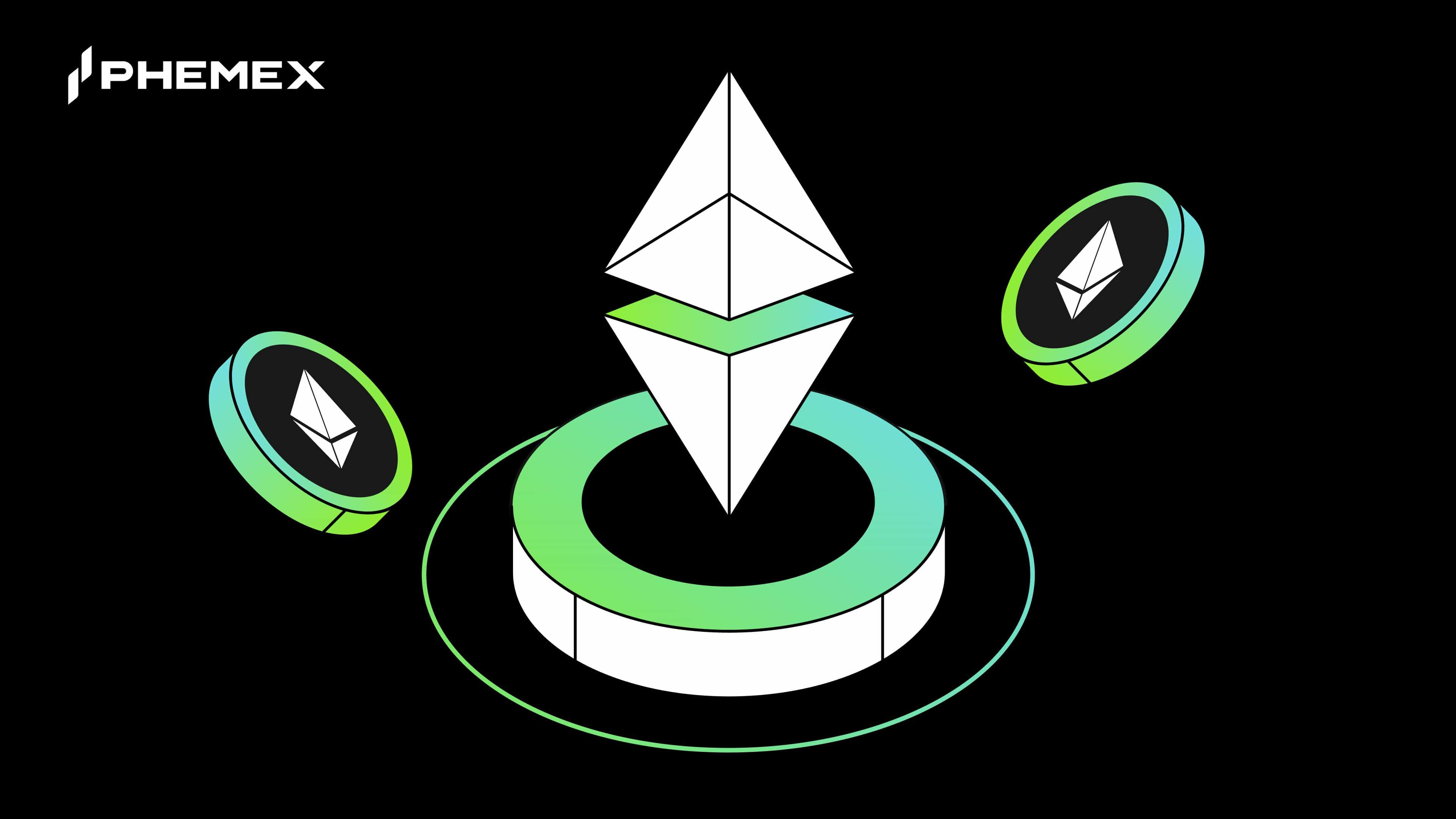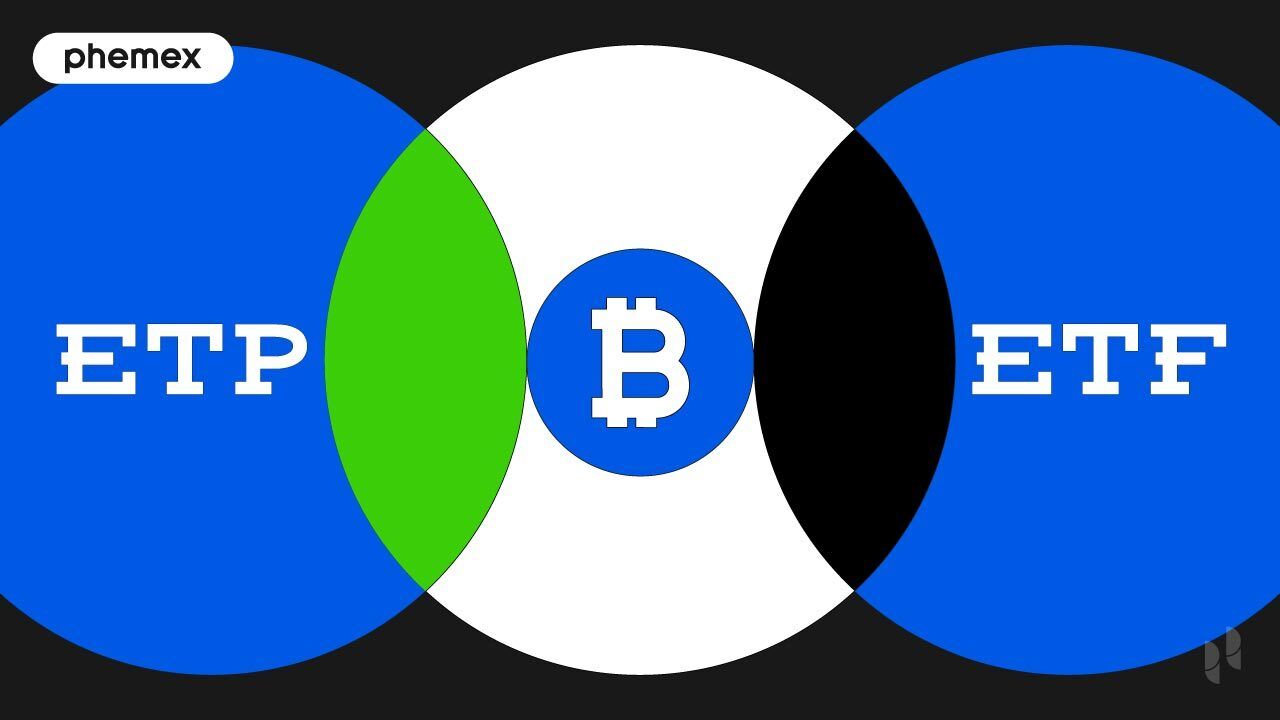Summary
- WETH is Ethereum wrapped in a smart contract to make it ERC20 compliant.
- WETH enables ETH (which is not ERC20-based) to be traded on decentralized exchanges (DEXs) and used with decentralized apps that only support ERC20 tokens.
- The price of WETH is pegged to that of ETH at a ratio of 1:1.

What Is WETH?
WETH stands for “Wrapped ETH”, “Wrapped Ether”, or “Wrapped Ethereum”. Like Wrapped Bitcoin (WBTC), WETH is a wrapped token i.e. a tokenized form of the original cryptocurrency pegged 1:1 with that original crypto. As such, each WETH is worth one ETH.
Wrapped tokens work like stablecoins in that they maintain a consistent value with the asset they are pegged to. The main difference is that while stablecoins are backed by fiat currencies, wrapped tokens are backed by cryptocurrency assets.
At the time of writing, WETH has a circulating supply of 4.32 million WETH at a price of $1,518 for a market cap of $6.56 billion.
The question you may be asking is, “Why not just use ETH?” and “Why is there a need for WETH?”

Why Was WETH Created?
ETH, the native coin of the Ethereum blockchain, is used to pay for gas fees. However, it is not compatible with many of the DeFi DApps that were subsequently built on Ethereum, as these DApps were developed based on the ERC20 technical standard and ETH does not follow the same standard.
This created a siloed ecosystem in which ETH could not be traded on most decentralized exchanges. In addition, ETH holders have also not been able to access various DeFi functionalities such as lending, borrowing, staking and trading.
WETH, as an ERC20 token that operates on the same technical standard as many of these DeFi DApps, solves this issue, thus opening up a wide range of use cases to ETH holders.
What can I do with Wrapped ETH (WETH)?
WETH can be used with various DApps built on the ERC20 standard–here are some of the most popular uses:
- Trading: WETH can be traded on decentralized exchanges for other ERC20 tokens. WETH is often used to trade for other ERC20 tokens on decentralized exchanges (DEXs) that only support ERC20 tokens.
- Payment: You can use WETH to pay for transaction fees and services on DApps. Plus, it can help users save money on costly transaction fees (especially when the Ethereum network is facing high congestion.)
- Collateral: WETH can be used as collateral on lending platforms, enabling users to get a loan without having to sell their ETH.
- Investment: WETH can be used as an investment. Given that it is pegged to the value of ETH, the price of WETH is likely to increase as the price of ETH increases. This makes WETH a good investment for those who believe in the long-term potential of ETH.
How Does Wrapped ETH (WETH) Work?
WETH is created when ETH is sent to a smart contract on the Ethereum network. Once the ETH is deposited into the smart contract, it is minted as WETH. The smart contract keeps track of the amount of ETH that has been deposited and minted.
WETH can be converted back into ETH at any time by sending it back the smart contract. When WETH is unwrapped, the smart contract sends an equal amount of ETH back to the user.
ETH to WETH: How To Wrap Ethereum?
The process of wrapping ETH into WETH is simple and can be done in a few steps.
- First, you will need to have some ETH in your wallet or buy some on a cryptocurrency exchange such as Phemex, and then move it to a wallet that supports ERC20 tokens such as MetaMask or MyEtherWallet.
- Next, go to a third-party platform such as Uniswap to carry out the swap. After connecting your MetaMask wallet to the platform, select the account from which the swap should be performed. Once the account is selected, enter the amount of ETH you want to wrap and confirm the transaction.
- The platform will then initiate the smart contract to wrap the ETH and send the WETH to the user’s MetaMask wallet. The user can now use their WETH to trade on decentralized exchanges or use it with decentralized applications.

WETH to ETH: How To Unwrap WETH Crypto?
The process to unwrap WETH is simply the reverse of the above. One question that a lot of people have is, “Does wrapped ETH have gas fees?” In other words, is it free to convert ETH into WETH? Unfortunately, the answer is no; there are still gas fees associated with the wrapping and unwrapping of ETH. However, the fees are generally much cheaper than the fees associated with ETH transactions.
WETH vs ETH
ETH, also known as Ether, is the native cryptocurrency or “token” built and used on the Ethereum blockchain. ETH is used to pay for transaction fees and services on the Ethereum network, similar to how BTC is used on the Bitcoin network.
WETH, on the other hand, is a completely separate token built on the ERC20 standard, and can be used with a whole ecosystem of DeFi DApps including DEXs.
Who Is Behind the WETH Coin?
The WETH coin was created by Will Warren, the CEO and co-founder of 0x Labs. He attended the University of California – San Diego, where he studied Engineering. Before starting 0x Labs, he was a researcher at the Los Alamos National Laboratory.
WETH: Is Wrapped Ethereum a Good Investment?
Since the value of WETH is pegged to the price of ETH, its price will largely depend on the price of ETH; if ETH goes up in value, WETH will likely go up in value as well.
WETH has seen a lot of adoption since it was launched. As a result, the total value locked in WETH smart contracts has also grown significantly, and its bullish trend began in early 2020 and has continued throughout the years.
However, the most important consideration to make is how closely WETH tracks ETH in terms of price. At the time of writing, while Ethereum trades at a price of $1,517.00, WETH trades at a price of $1,518.15. This shows that there is a strong connection between the value of the WETH coin and the ETH coin. Overall, both tokens are moving in the same direction, which is a positive sign.
With plans in the pipeline for the ETH codebase to be made compliant with its own ERC20 standards, however, WETH may be phased out in the future–a fact that the WETH readily and openly acknowledges on its website.
At the time of writing, WETH has a circulating supply of 4.32 million WETH at a price of $1518.15 for a market cap of $6.56 billion.

Conclusion
With Ethereum boasting perhaps the most expansive ERC20-based DApp ecosystems of exchanges, wallets, lending and borrowing protocols, among others, WETH has created strong value, enabling ETH holders to access various functionalities without selling their ETH.
Read More
- Wrapped Tokens: Wrap Your Head Around These New Crypto Tokens
- What Is Ethereum: Ground Zero of the Next Digital Era
- Ethereum 2.0 – Everything You Need to Know
- The Ethereum Virtual Machine: How Does it Work?
- Ethereum’s ERC-20 Tokens – All You Need to Know
- What Does the DeFi Hype Mean for ETH?
- Phemex Analysis in A Minute: How to Capitalize on ETH's Bull Run!
- What is Etherscan: Ethereum Blockchain Explorer







